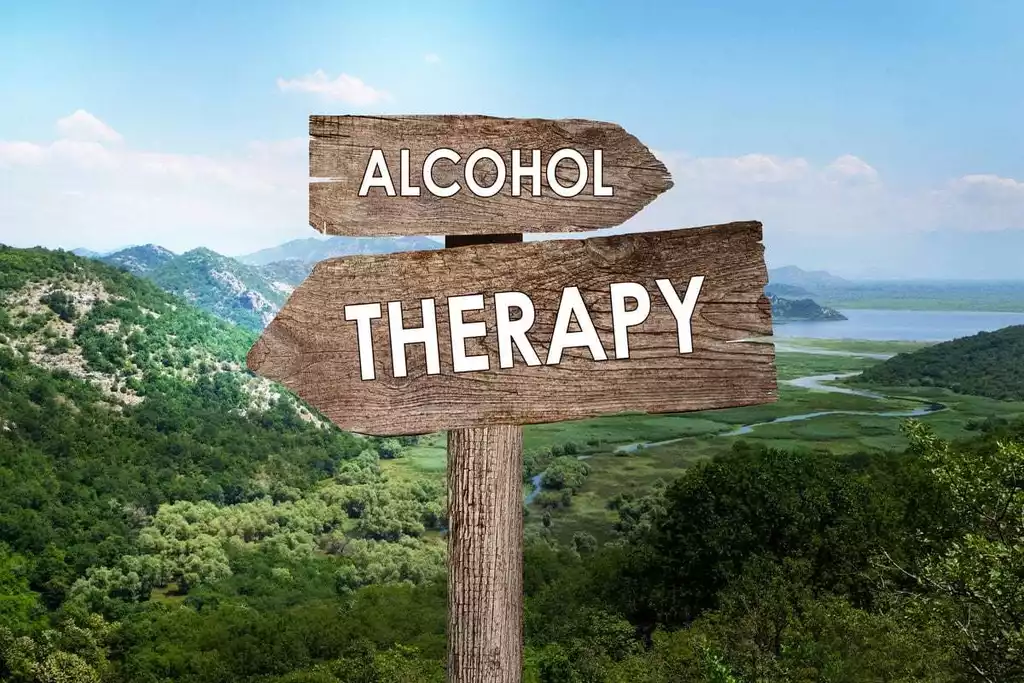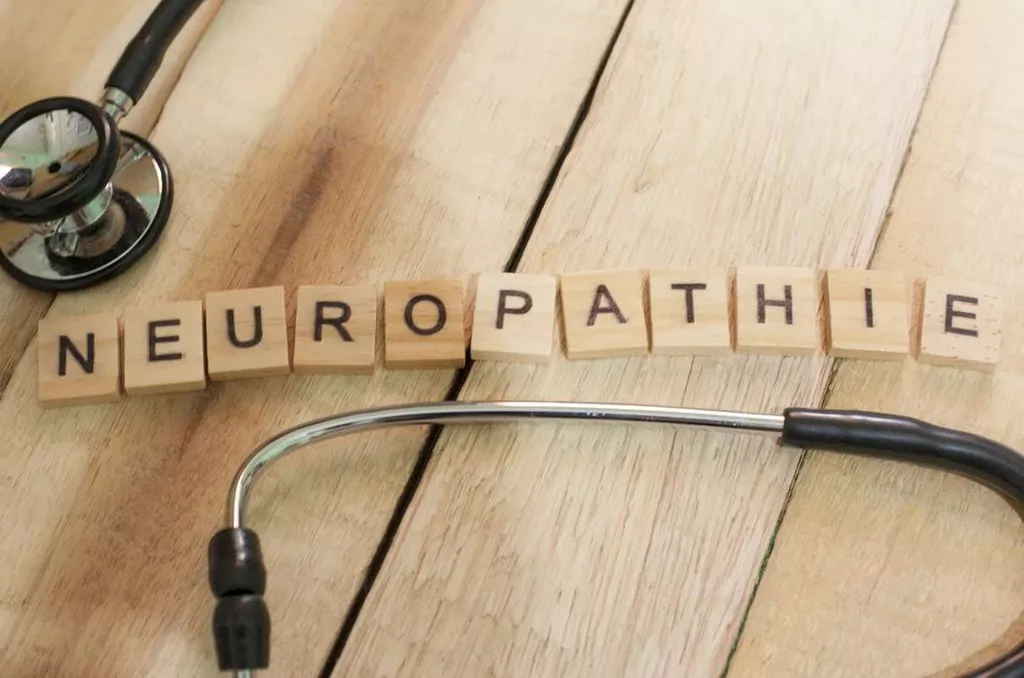
This creates an environment of understanding and camaraderie—everyone striving toward a better future. Recovery residences are safe, healthy, family-like substance-free living environments that support individuals in recovery from addiction. All MARR-certified recovery residences are required to post the contact information of the MARR Grievance Facilitator to address any grievances a resident may have. The Grievance Facilitator is a trained, independent https://ecosoberhouse.com/ volunteer who serves as a mediator between a grievance and the residence operator or manager. VARR presents a collaborative voice for recovery residences throughout our Commonwealth and works to ensure that everyone in recovery is able to access programs that offer high quality recovery residences. Dr. Corrie Vilsaint’s leadership and research focus on racial health equity within recovery processes are groundbreaking.

Recovery Environment
- By understanding the path you’ve taken to get to us, we are committed to helping you structure your life by offering the tools and knowledge to build and maintain a solid foundation in your recovery.
- He founded St. Paul Sober Living and worked to create supportive recovery environments in Minnesota and Colorado, resulting in policy advancements within the industry.
- In some cases, the Housing Team may require a second virtual/on-site review in order to verify quality improvement recommendations have been implemented.
- Recovery Residences are community-based shared living environments for individuals who have a common goal of maintaining and sustaining recovery from substance use disorder.
- We are now accepting applications and expect to announce the first certified Recovery Residences available to the public in the next few months.
Research highlights the effectiveness of recovery residences in fostering significant improvements in individuals’ lives. Residents often experience higher rates of employment, reduced involvement with the criminal justice system, and increased remission from substance use disorders. Living among supportive peers helps individuals develop a sense of accountability and community, which are critical for sustaining recovery over time. While recovery residences vary widely in structure, all are centered on peer support and a connection to services that promote long-term recovery.
- Chris is committed to improving the accessibility and quality of recovery residences nationally and has held leadership positions in co-founding NARR and serving as Past President of the Minnesota Association of Sober Homes.
- If you’re interested in learning more about the Refresh Recovery Residence rules, contact us.
- Staff are supervised, trained, or credentialed and are often graduates of a recovery residence.
- Our mission at NATIONAL ALLIANCE FOR RECOVERY RESIDENCES (NARR) is to enhance access to quality recovery residences by setting standards, providing education, and advocating for those in addiction recovery.
The Standard
National Alliance for Recovery Residences (NARR) is a leading nonprofit organization dedicated to expanding the availability of well-operated, ethical, and supportive recovery housing across the United States. Established to set and maintain high standards for recovery residences, NARR’s goals include ensuring that individuals in recovery have access to safe and recovery-focused living environments that support their journey towards long-term recovery. NARR is Sober living home a national organization with a unique two-tier organizational structure that combines national reach and influence with state-level knowledge and accountability. We operate in partnership with a network of state-level affiliate organizations which implement NARR’s standards and programs in their states. NUWAY Recovery Foundation, part of NUWAY Alliance, works with independent recovery residence operators to ensure that people receiving treatment and those in recovery have access to high-quality recovery housing.

A Higher Standard
Recovery housing benefits individuals in recovery by reinforcing a substance-free lifestyle and providing direct connections to other peers in recovery, mutual support groups and recovery support services. The heart of all recovery residences is the Social Model, an operational framework that distinguishes these environments from other shared living spaces. This model emphasizes the importance of personal and collective responsibility for the safety and progressive health of oneself and others in the community. Strengths-based lived experience, peer leadership, participative governance, and community-based support networks are the foundational elements for lasting recovery. A series of studies on Oxford Houses suggest they promote a host of positive outcomes at substantially lower costs compared to standard continuing care after residential treatment. These outcomes include not only substantially better abstinence rates, but also increased rates of employment and lower rates of criminal recidivism.
Are there laws in Maine that recovery residences must follow? Is licensing or certification required?

Her work as an educator and consultant is pivotal in advancing policies that address health disparities and support recovery from substance use disorders. At Temple University’s School of Social Work, Dr. Stewart’s role further enables her to impact the next generation of recovery residence social work professionals. With over three decades in legal and leadership roles, Jeff Van Treese’s work as President of the Michigan Association of Recovery Residences and his involvement in state committees significantly contribute to the recovery community.
- Our Board of Directors is composed of trailblazers in the recovery residence sector, bringing together a rich tapestry of expertise, compassion, and unwavering dedication.
- Welcome to our Resource Library, a comprehensive gateway to a wealth of resources dedicated to supporting and advancing the mission of quality recovery residences nationwide.
- These settings offer a homelike environment for residents and promote diversity, equity, and inclusion for all applicants.
- Use the Required documents link below as a reference to gather the necessary documents and information for your Recovery Residence application for step 4.
FARR relies on the support of individuals and organizations like you to continue expanding quality, stable housing for individuals in recovery from substance use. Reviewers will be examining the recovery environment and ensuring the property and program meet the national quality standards. By uniting with NARR, affiliates and providers become part of a national movement dedicated to enhancing the quality and accessibility of recovery housing.
How much does it cost to become certified?
His leadership continues to advocate for the highest standards in recovery residences, ensuring individuals in recovery have access to community-oriented, supportive living environments. NARR utilizes evidence-based standards and ethical guidelines to assist dozens of state affiliates in certifying and managing recovery residences across the continuum of care. We partner with state agencies and recovery community organizations to advocate for the adoption of our high-quality housing standards at both state and national levels. The NARR model lays the groundwork for recovery housing policies, practices, and services, offering those in recovery the chance for a sustainable and fulfilling life. Recovery Residence is an umbrella term that includes a range of alcohol and drug free living environments, including recovery homes and sober living homes, that use peer support and other supportive services, to promote addiction recovery.